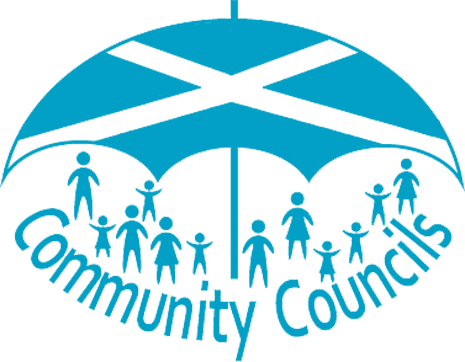The wide access to internet has helped many Community Councils create new ways to engage with people. Community Councils can now keep in touch with members of the community through email, newsletters, websites, and social media. These methods of digital engagement are easy to use, and most of it is free or very low cost compared to other forms of engagement. It can take some time to build an audience for a newsletter or a social media account, but the time invested compared to possible reach is often very low compared to other forms of engagement. For spreading information, it is more flexible and cheaper than print media but it should not just replace traditional engagement methods. Different channels work well with different audiences.
Social Media
Follow Me: A Guide to Social Media for Community Councillors is a new publication from the Improvement Service, written by communications expert Dan Slee, which introduces different social media channels with advice on social media strategies that can be used by all community councils.
Social media can bring many great benefits and provide means to share information easily. Because most people use social networks once in a while and a lot use them every day, they are an excellent way of reaching a large audience. Community councils should be sharing stories and reports about the work they carry out. This will encourage others to become involved and it is important that the wider community is aware of the work of their community councils.
Here are some of the top advantages of using social media:
- It allows the community council to engage with a large number and wide range of people, including those who may not be aware of or able to attend meetings or events, such as people with disabilities, single mothers and shift workers. It is especially good for reaching young people, whose voices are often under-represented in community councils.
- It allows members of the community to interact with the community council; they can give views on what is important to them and provide feedback on work and projects, at a time and place convenient to them.
- Many people and groups already use social media to discuss local issues – tapping into these conversations will help community councils to understand and engage with local issues.
- It allows community councils to access a large amount of information that may be of interest to them, such as funding opportunities. Connecting with other local groups can create a quick and easy way to share resources.
If you do not already have a community council email address, it is a good idea to create one. This can then be used to set up some social media sites (instead of a community councillor’s personal email address). This means that when community council committee members change, the password can be handed over and the site/emails will retain continuity. There are some sites, where it is necessary to use personal accounts to set up a page or group, but it doesn’t mean you have to share access to your personal pages.
